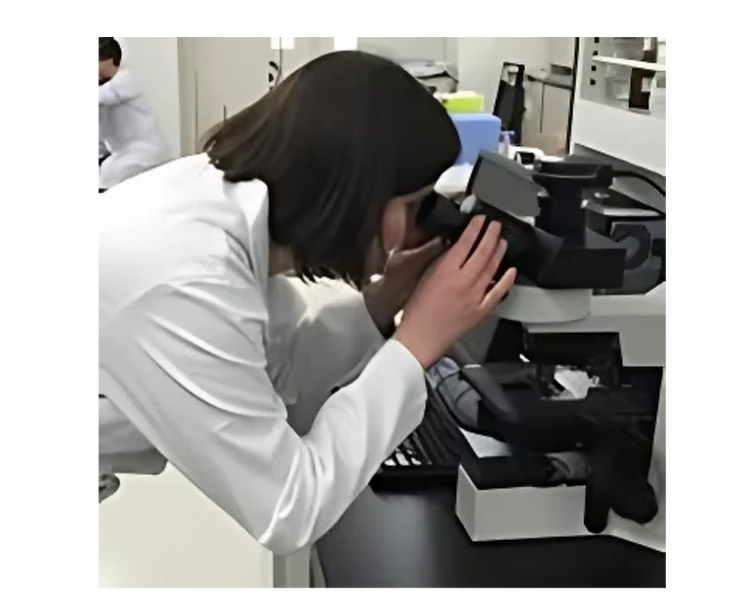Microbiota in Space: Understanding Astrobiome’s Cosmic Mission
Space travel is not just a journey for astronauts; it’s also a trip for trillions of invisible passengers—microbes. The study of Microbiota in Space has gained massive attention as we move closer to long-duration space missions to Mars and beyond. At Astrobiome, we specialize in researching how these microbial communities behave in extraterrestrial environments and what that means for human health, spacecraft integrity, and life-support systems.
What Is Microbiota in Space?
Microbiota refers to the community of microorganisms—bacteria, viruses, fungi, and archaea—that reside in and on the human body. These microbes are essential for maintaining immune function, digestion, and overall health. But when astronauts leave Earth, they also take their microbiota into space.
The microbiota in space changes dramatically due to factors like microgravity, radiation, stress, and limited environmental exposure. These changes can influence everything from digestion to mental health, making microbial monitoring a critical component of human spaceflight.
Why Studying Microbiota in Space Matters
Understanding how microbiota in space reacts to space conditions is crucial for several reasons:
1. Astronaut Health
Microbes play a vital role in regulating the immune system. In space, the immune response is often suppressed. If microbiota shifts unfavorably, astronauts may become more susceptible to infections or inflammatory diseases.
2. Spacecraft Environment
Microbes don’t just live in humans—they also colonize spacecraft surfaces. In closed-loop environments like the International Space Station (ISS), microbial buildup can affect equipment and structural integrity.
3. Long-Term Missions
Missions to Mars or deep space require years of travel. We must understand how microbiota adapts over extended periods to create effective life-support systems and medical protocols.
Astrobiome’s Role in Space Microbiome Research
Astrobiome is a pioneering space biotechnology company dedicated to studying microbiota in space environments. Our mission is to develop innovative solutions that ensure microbial health and balance during long-duration spaceflights.
We collaborate with space agencies, academic institutions, and private partners to conduct microbial research using advanced genomic sequencing and bioinformatics. Our goals include:
- Mapping microbial shifts in space.
- Developing probiotics tailored for space missions.
- Creating microbial monitoring systems for spacecraft.
- Enhancing astronaut immune resilience through microbiota optimization.
How Microgravity Affects Microbiota
Microgravity is a key stressor that alters microbial behavior in space. Studies show that in zero gravity:
- Some bacteria become more virulent.
- Microbial gene expression changes.
- Microbiota diversity may decline.
These changes could lead to health issues like gastrointestinal problems or skin infections. Astrobiome investigates these alterations to design countermeasures, including prebiotics and targeted microbial therapies.
Radiation and Microbial Mutation
Space radiation poses another threat to microbiota. Unlike Earth, space lacks a protective magnetic field, exposing microbes to higher radiation levels. This can:
- Cause DNA mutations in microbes.
- Lead to antibiotic resistance.
- Shift microbial ecosystems in harmful ways.
Astrobiome is exploring how radiation affects microbiota in space and identifying microbial strains that can withstand or even repair radiation damage. These discoveries have implications not just for space travel but also for medicine and biotechnology on Earth.
Maintaining Microbial Balance on Long Missions
For missions beyond low-Earth orbit, maintaining a healthy microbial balance becomes even more critical. Astrobiome is working on integrated systems that combine:
- Continuous microbiome monitoring.
- Probiotic and synbiotic supplementation.
- Closed-loop waste and food systems that preserve beneficial microbes.
Our approach ensures astronauts maintain a stable internal microbiome, boosting physical and mental well-being throughout the mission.
Microbiota and Mental Health in Space
Emerging research shows a strong link between gut microbiota and mental health—a connection often referred to as the gut-brain axis. In space, stress levels are high, and isolation is common. If microbiota balance is disrupted, it may worsen anxiety, depression, or cognitive decline.
By studying the microbiota in space, Astrobiome aims to support not just physical but also psychological health through microbiome-focused interventions, such as gut-targeted nutraceuticals and neuroactive probiotics.
Applications Beyond Space Missions
While our core focus is on space, the knowledge gained from studying microbiota in space offers transformative benefits on Earth:
- Telehealth Monitoring: Remote microbiota assessments for patients in isolated regions.
- Immune Therapies: New treatments for immune-compromised individuals.
- Bioremediation: Using radiation-resistant microbes to clean contaminated environments.
Astrobiome’s space-driven innovations are already influencing health care, agriculture, and environmental science.
The Future of Microbial Research in Space
The future is exciting—and microbial. As space missions become longer and more ambitious, understanding microbiota in space will be essential for mission success. Astrobiome is committed to advancing this frontier through:
- Microbiome banks customized for astronauts.
- AI-driven microbial pattern detection.
- Synthetic biology to design adaptive microbiota.
Our research not only prepares us for Mars but also helps improve human resilience in extreme conditions everywhere.
Final Thoughts: Why Microbiota in Space Matters
In conclusion, the study of microbiota in space is not a niche topic—it’s central to the future of space exploration and human health. From preventing illness to improving mental health, microbiota play a crucial role in making space travel sustainable and safe.
At Astrobiome, we’re proud to lead this mission. By decoding the behavior of microbes in space, we’re building a better future for astronauts and for humanity on Earth. Whether it’s on a space station or a Martian habitat, life will always depend on the smallest forms of life—our microbiota.



